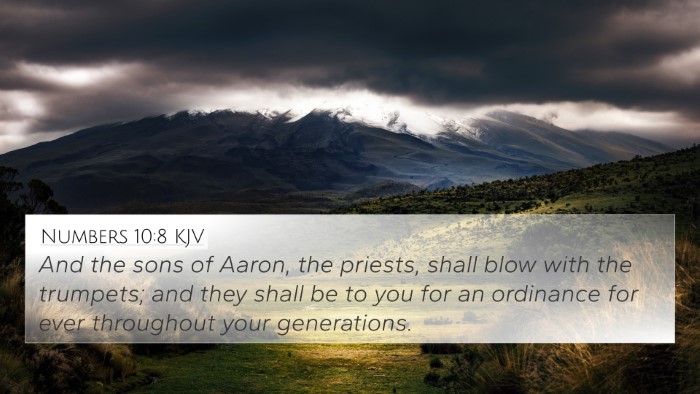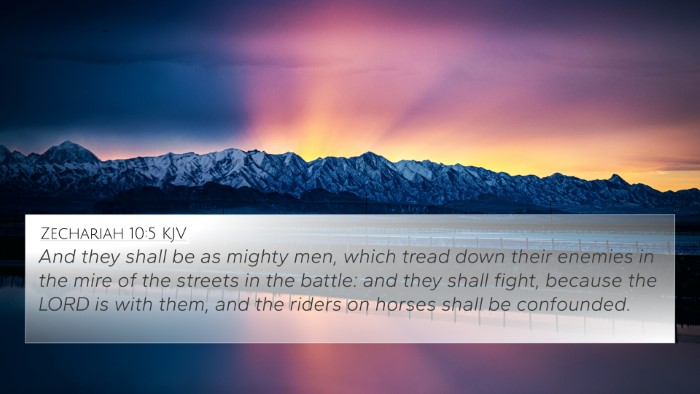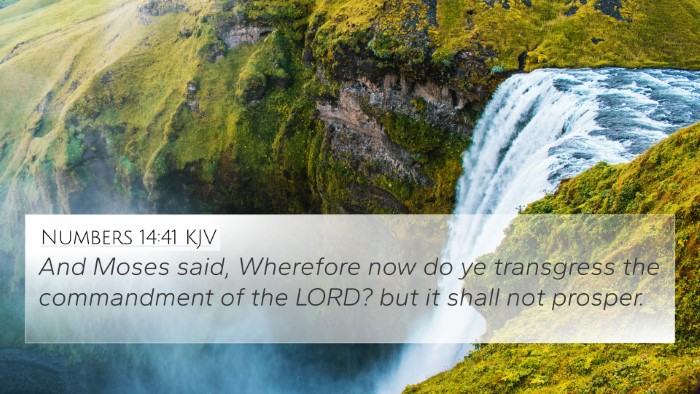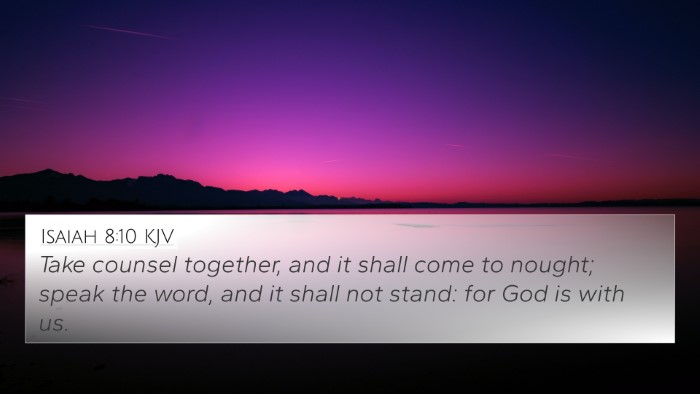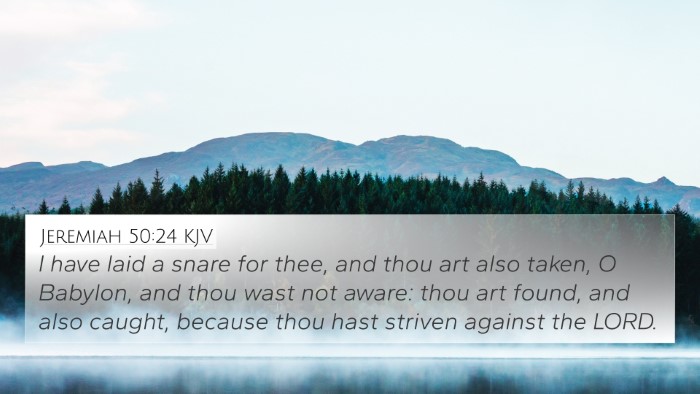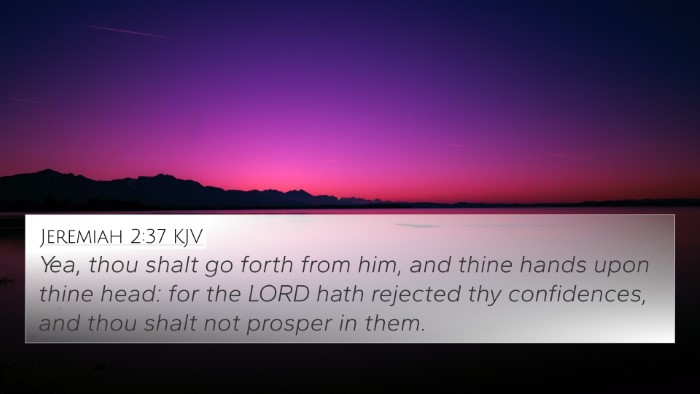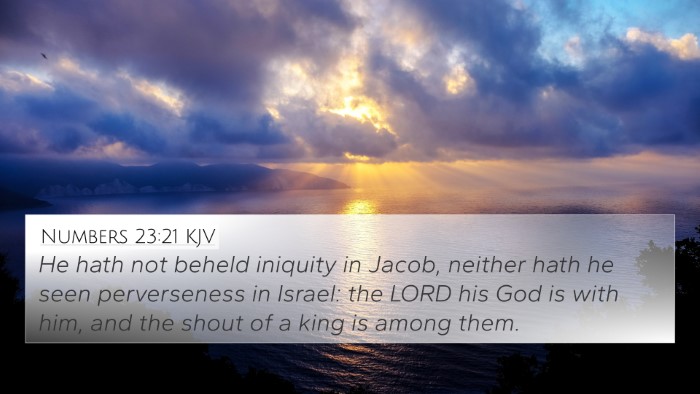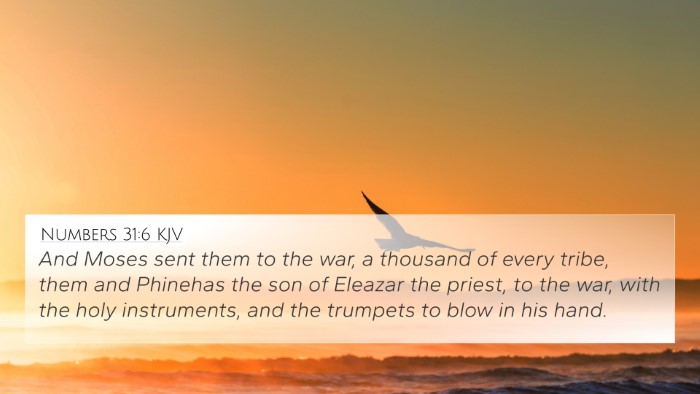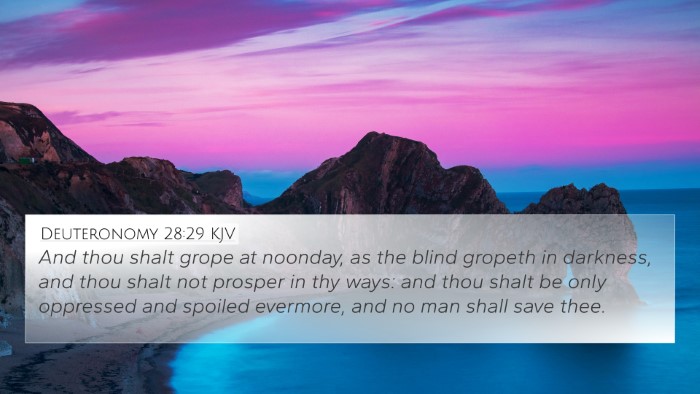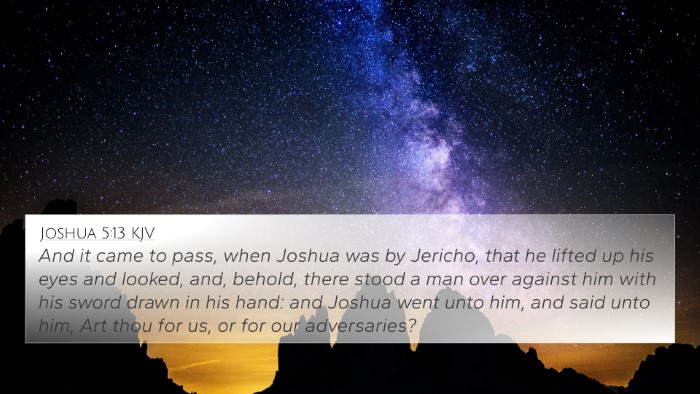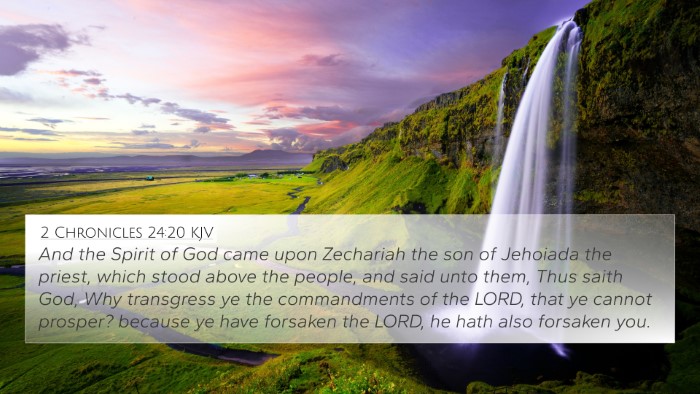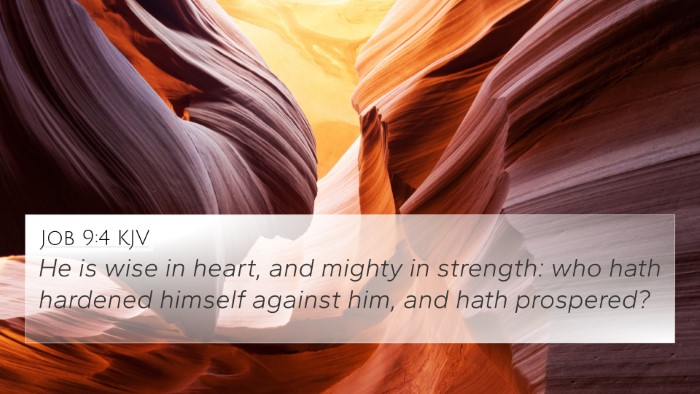Understanding 2 Chronicles 13:12
In 2 Chronicles 13:12, we encounter a pivotal moment in the narrative of the conflict between Abijah, the king of Judah, and Jeroboam, the king of Israel. This verse highlights the divine authority and presence that accompanies Abijah as he confronts Jeroboam. The emphasis on God's power in the battle serves as an assurance that righteousness, represented by Abijah's lineage from David, prevails against the wickedness of Jeroboam's reign.
Verse Context and Narrative
The immediate context of 2 Chronicles 13 illustrates the larger theme of divine sovereignty amid human conflict. The verse reads:
"And, behold, God himself is with us for our captain, and his priests with sounding trumpets to cry alarm against you. O children of Israel, fight ye not against the LORD God of your fathers; for ye shall not prosper." (2 Chronicles 13:12 KJV)
Here, Abijah articulates a clear message to the Israelites, urging them not to rebel against God's chosen people.
Commentary Insights
Matthew Henry's Commentary
Matthew Henry reflects on the significance of God's presence as Abijah faces overwhelming odds. He underscores the notion that the presence of God is a powerful assurance for those who are faithful. Henry notes that the priests blow the trumpets, representing the call to battle and the acknowledgment of God’s covenant with His people.
Albert Barnes' Commentary
Albert Barnes highlights the contrasting leadership between Abijah and Jeroboam, presenting Abijah as the rightful king ideally aligned with God's purpose. He explains that Abijah's appeal to the Israelites is both a warning and a call to return to the true worship of God. This ties back to the nation’s covenant, emphasizing the importance of loyalty to God.
Adam Clarke's Commentary
Adam Clarke elaborates on the priestly role in the event, illustrating the sacred responsibilities that came with confronting an opposing army. Clarke points out that the sound of the trumpets would remind God’s people of past victories and the perpetual need for divine assistance in their struggles. This reflection connects well with the notion of remembrance in Israel's history.
Bible Cross-References
A thorough comparative Bible verse analysis reveals several scriptures related to 2 Chronicles 13:12. Here are some significant cross-references that highlight the themes of covenant loyalty, divine assistance, and the consequences of rebellion:
- 1 Samuel 4:5-7: The Israelites underestimate the significance of God’s presence during battles.
- 2 Chronicles 20:15: Encouragement of reliance on God during warfare.
- Psalm 44:2-3: Acknowledging God’s role in past victories, emphasizing that victory comes from Him.
- Isaiah 8:10: A reminder that God is with His people, ensuring their protection against their enemies.
- 1 Kings 12:16: The division of the kingdom and its implications for Israel's future.
- Hebrews 13:5-6: The assurance of God’s presence and support, confirming that believers are never alone.
- James 4:7: The promise that if one submits to God and resists the devil, they will prevail.
- Romans 8:31: If God is for us, who can be against us? This relates to the assurance of divine support.
- Exodus 14:14: A reminder that the Lord fights for His people.
- Deuteronomy 20:1-4: Instructions for warfare, emphasizing divine presence in battle.
Inter-Biblical Dialogue
This verse serves as a hub for inter-Biblical dialogue. The connections between Old and New Testament teachings on God’s faithfulness and the need for human diligence in faith are evident. The New Testament echoes similar sentiments about divine support, suggesting that God continuously upholds His covenant people against adversity.
Thematic Connections
Thematic Bible verse connections illustrate the overarching narrative of God's faithfulness. The repeated motifs of divine assistance and the call to remain loyal resonate throughout scripture, encouraging believers to reflect on their commitments to divine authority.
Conclusion
In conclusion, 2 Chronicles 13:12 stands as a testament to the assurance found in God's presence amid strife. When examining the surrounding verses and considering the weight of historical context, we find that the scriptures weave a narrative that continually urges believers to depend on divine strength rather than their own. This extensive exploration of the themes and connections enhances our understanding of what it means to navigate the challenges of faith with the recognition of God's sovereignty.
Tools for Further Study
For those seeking to deepen their study, utilizing tools for Bible cross-referencing is beneficial. A Bible concordance or a cross-reference Bible study guide can enhance your understanding of how verses interconnect and the implications of these relationships on the theological narrative.



